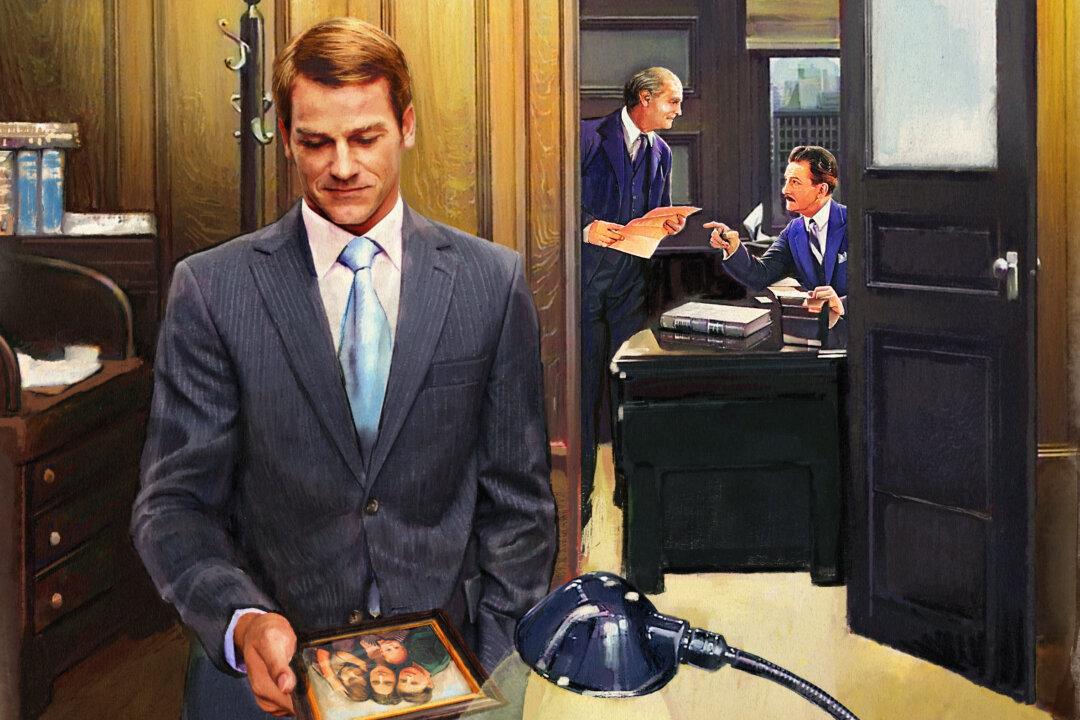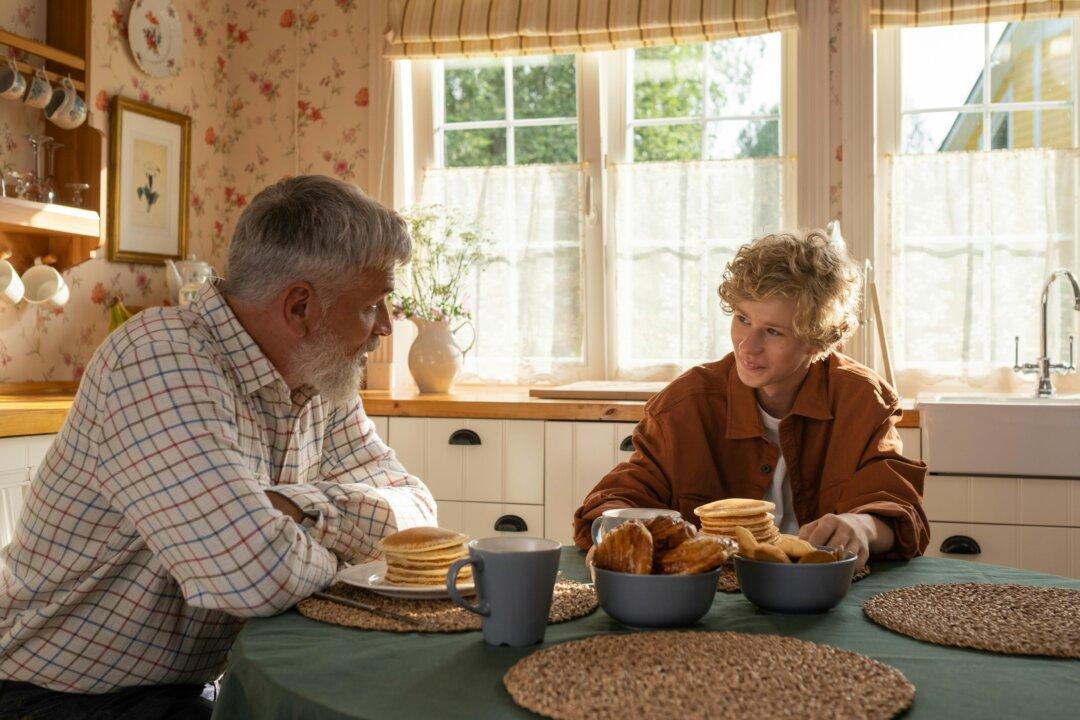What is the most important thing? From the time I entered the engineering profession, my primary goal was to rise into the partnership of a major design firm. My steps forward were in every sense methodical. I sat for both professional examinations as early as I could. I finished both exams early and passed both on the first try in an industry in which most people failed at least once. I became a registered professional engineer at the age of 27.
Every few years, I stepped up the ladder, rising from draftsman to designer to team leader to lead designer supervising multiple people to department head in charge of land development for a firm handling hundreds of millions of dollars of construction annually.



